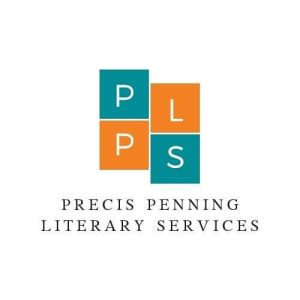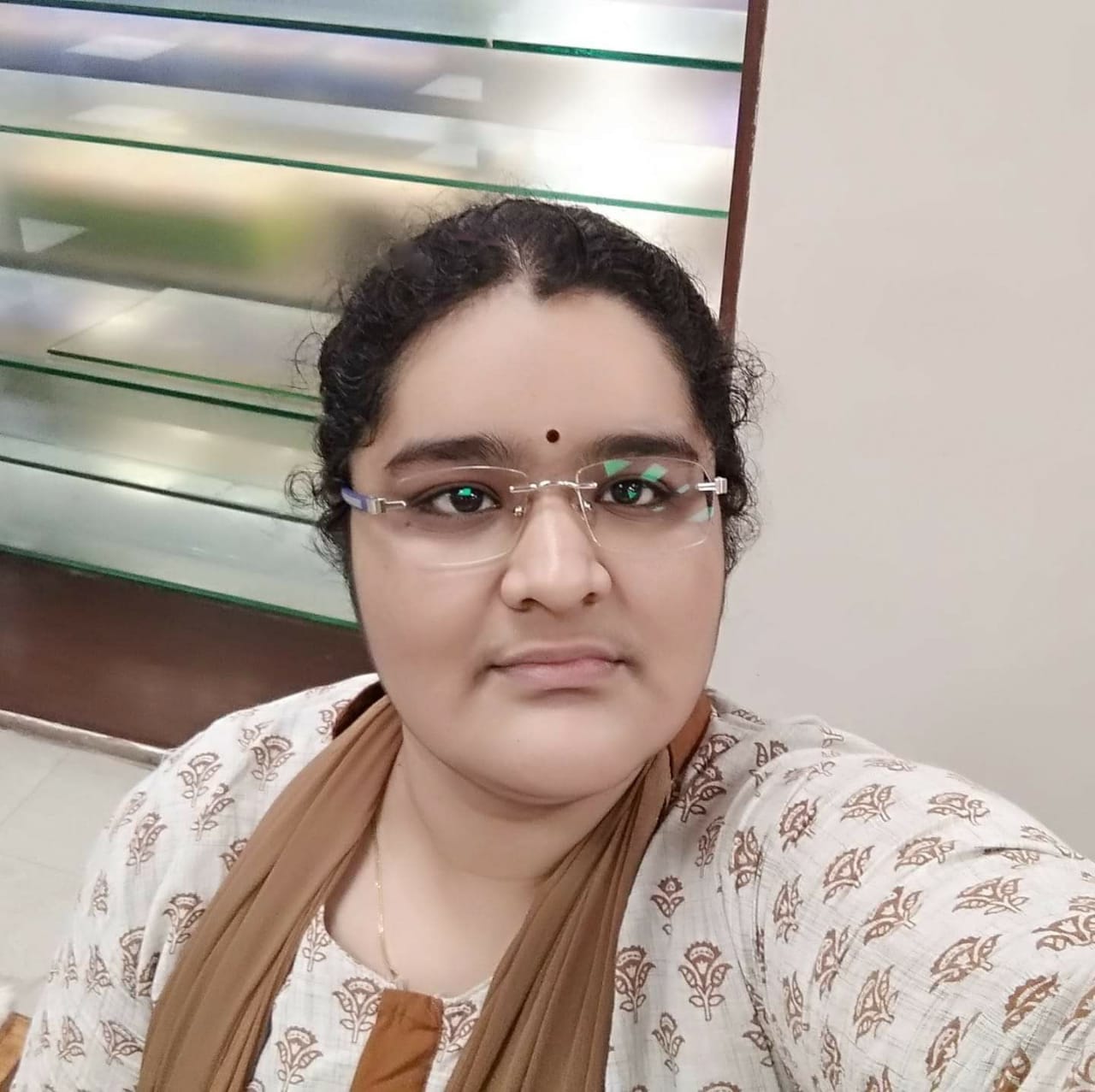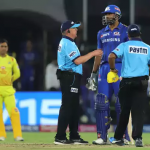Social Media has always been a great platform to know about different people, how good they are and most importantly, what they can teach you. When it comes to writing, Facebook helped me to find out a lot of good writers who had a lot to offer through their writing. One such person who I have always adored and look up to is Dhivya Balaji. She is not only one of the best writers but also is doing a great work through her Precis Penning. (She even had a release today). Not only that.
She blogs at Partis Temporus, where she jots down her random thoughts and her poems and stories. Her editing tips and expertise can be found at The Editor’s Quill, and her brain child, the blog that started her journey as a reviewer and is now a well-known medium for honest, good quality book reviews is at Readers’ Muse.
I wanted to ask her a few things and she was too good to spend her time and answer my questions.
Here it goes.
1. Tell us about yourself and Precis Penning.

I have always had a passion for words, and though I completed a professional Engineering course I always wanted to build my career around books. I became a blogger, reviewer and eventually an editor. But with every project I worked on, I wanted to do something more than just edit for the authors, and give them a much more complete solution. And hence, Precis Penning was started. With that, I now offer a whole package that includes everything from start to finish (including post publishing promotions) especially with self-publishing. Precis Penning has been started with a motive to provide customised solutions to authors based on their needs.
2. You are probably the first to read the book. How does it feel?
It is always special. My love for published books has brought me to a place where I get to read and review manuscripts that are the raw works of an author. These originate directly in their mind and are brought on paper after weeks and months of hard work. And the drafts are proof that they had reached the first major milestone in their writing journey. It is a great joy to share their special journey and be the first person to comment on their success. As an author myself, I know how giddy this feeling can be, and I am glad I get to spread that joy to others.
3. If you are given an opportunity to read the first draft of an already published book…
I think there are many answers to this question. I have always been a book lover, and I could have gone the ‘Devil Wears Prada’ way, wanting to read one of the Harry Potter books as manuscripts. But that is too mainstream. So if I have to, I would choose one of those books that are not part of a series. Some titles that come to my mind immediately are: The Palace of Illusions by Chitra Banerjee Divakaruni, The Silent Raga by Ameen Merchant, and Songs of the Cauvery by KalyanramDurgadoss. These are all books with good writing, and I want to see how their first drafts looked. Maybe for inspiration, maybe for encouragement and amazement.
4. Which is your all-time favourite book? (both international, Indian writers)
No book lover can seriously give a definite answer to this question. Our tastes vary with time and situations but some books have stood the test of time. I would say some of my most favourite authors are those whom I edit for, and I think that is a brilliant set of books by itself.
5. Why the Indian writers, except a few, cannot make it big as international writers.
I think the secret is in marketing. Fortunately or unfortunately, the advent of self-publishing via Kindle has opened up that world to many aspiring writers. While this has given the good ones a chance to see their work published without much vanity expense, it has also led to the market being flooded with choices for the readers, increasing competition.
I would love to go on record saying that not all international authors are successful, either. It is just that the statistical average expands due to the higher number of contenders. The writer with the best content wins the hearts of the people, and one with added marketing skills gains the profit out of sales.
6. What are the common mistakes the writers do?
There are a few I want to discuss. These are limited to writers and not for authors. I am talking about that stage before completion of the manuscript.
Getting distracted and wanting to take the story in multiple tangents, not having a particular purpose for the novel and instead building up the story as it goes, going back to edit their work without completing it, looking for positive feedback before completion of the novel, not having a writing discipline, and most importantly, changing major plot elements midway.
All these are known to reduce the writing speed and hence the motivation, leading to incomplete manuscripts.
7. Which is more important when it comes to writing a book- ’emotional’ connect with the reader or perfect grammar?
There is a mild ambiguity in the question. Most good readers are not going to bother about grammar when the novel is great and the plotline gripping. But the importance of grammar and good writing cannot be discounted because even great stories have fallen because of poor writing and execution. The emotional connect with the reader comes only with books that have interesting storylines and quality writing that does not hamper the reading speed.
So yes, perfect grammar is an elusive aim, but good language can make or break a book, which won’t get far with just the emotional connect. And bland writing would not make the book stand in the readers’ minds without an emotional connect. It is a fifty-fifty game.
8. If you have to give a piece of advice to the budding writers.
I would like to divide this advice into two parts.
As an editor: Don’t go back to edit your work until you complete your draft. You will keep fine tuning until you lose motivation. You have an editor for that, who will give you much more informed comments. This is what we do, this is what we want the writers to know.
As a fellow writer: Maintain a writing discipline. Be it just a blog or a short story or just a diary entry, just keep writing something every day, in the medium you are using to write your novel. And always use the best form of language you’re writing in, instead of using short-cuts. This practice helps your typing speed and makes your physical reflexes better when you actually have a story to tell and want to get it on paper (or screen) as quickly as the thoughts come to your mind.
She blogs at Partis Temporus, where she jots down her random thoughts and her poems and stories. Her editing tips and expertise can be found at The Editor’s Quill, and her brain child, the blog that started her journey as a reviewer and is now a well-known medium for honest, good quality book reviews is at Readers Muse




1 comment
Comments are closed.